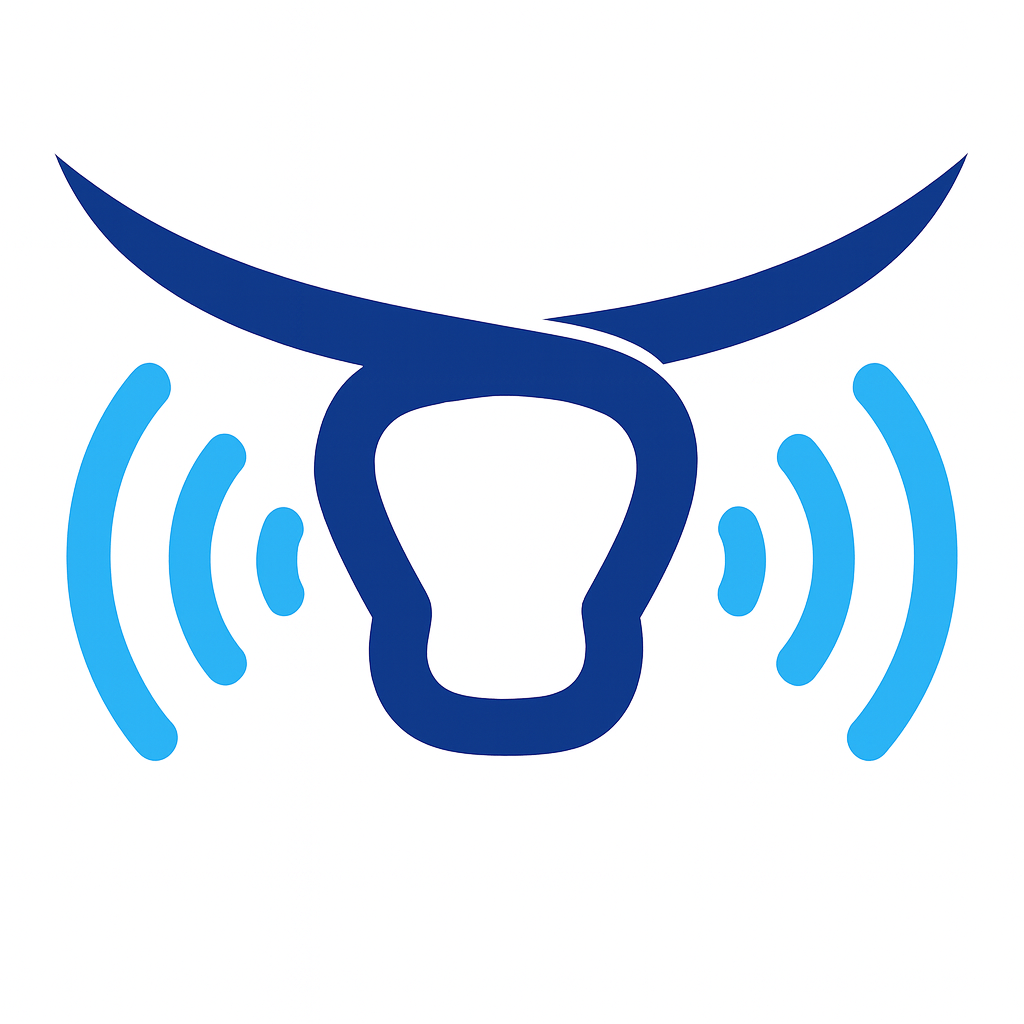Introduction to Cattle Scales
Cattle scales are an essential tool for cattle farmers. They allow accurate weighing of cattle which is crucial for effective herd management. This guide will provide a comprehensive overview of everything you need to know about cattle scales.
What Are Cattle Scales?
Cattle scales are weighing systems designed specifically for cattle. They consist of a platform or ramp that the animals walk over, with weight sensors that calculate the weight. The key components are the load cells which use strain gauges to determine the downward force and convert it into a weight reading.
Why Are Cattle Scales Important?
Regular weighing of cattle enables farmers to closely monitor growth, detect health issues early, sort cattle into weight classes, calculate medication dosages, and track productivity. Accurately tracking cattle weights is key for making data-driven decisions that impact profitability.
Different Types of Cattle Scales
There are various types of cattle scales available to suit different needs:
-
Platform scales - The animal stands on a contained platform to be weighed. Best for confined spaces.
-
Portable scales - Mounted on wheels and easily moved. Allows weighing at multiple locations.
-
Alleyway scales - Installed in handling facilities so cattle walk over sequentially. High throughput.
-
Floor scales - Flush scales installed in the floor of barns or handling areas. Seamless weighing during movement.
Benefits of Using Cattle Scales
Cattle scales provide numerous benefits for farmers:
Improved Herd Management
By regularly monitoring weights, farmers can better manage diet, health treatments, breeding, and herd segregation. Issues like inadequate feeding or illness can be identified early.
Increased Productivity
Detailed weight data allows tracking average daily gain to assess growth rates. Farmers can use this information to optimize nutrition and herd productivity over time.
Efficient Breeding
Sorting cattle by weight class helps match bulls and heifers more efficiently. Healthy weight gain for breeding stock can also be ensured.
Accurate Medication Dosages
The weight of cattle is required to calculate proper dosages for medications and supplements. Under or overdosing can lead to complications.
Compliance with Regulations
In many regions, there are regulations requiring regular weighing of cattle for transport or trade. Scales help farmers comply with these legal weighing requirements.
Better Pricing & Profits
Accurately weighed cattle command higher prices at market. Data-driven management also improves efficiency, reducing costs and driving profitability.
Key Features of Cattle Scales
Here are some key features to look for when choosing cattle scales:
-
Durable construction - Made of weather and impact-resistant materials to withstand farm use.
-
Fast weight display - Provides instant on-screen weight readings to keep cattle moving efficiently.
-
High weight capacity - Can accurately weigh even the heaviest cattle in the herd.
-
Low-profile design - Allows easy entry and exit of animals without ramps.
-
Portability - Lightweight and wheeled models can be moved between locations.
-
Digital connectivity - Allows data transfer to farm software and cloud-based storage.
-
Power options - Battery, solar and AC power available for operation anywhere.
-
Trusted brand - Reputable manufacturers offer better quality and longevity.
Maintaining Accuracy of Cattle Scales
To get consistent and accurate weights, scales need proper maintenance:
-
Follow manufacturer guidelines for installation and calibration.
-
Routinely clean scale parts and inspect for damage.
-
Keep load cells and weigh bars clear of debris buildup.
-
Check weighing accuracy monthly by testing with calibrated weights.
-
Service annually and replace components as required.
-
Keep records of all maintenance, repairs and calibration.
Cattle Scale Buying Considerations
Key factors when selecting cattle scales:
-
Types of cattle - Ages, sizes and temperament will impact needed features.
-
Throughput - Number of animals to be weighed daily/weekly determines scale capacity.
-
Operation - Ease of use and data connectivity preferences.
-
Budget - Initial cost, maintenance, lifespan and ROI.
-
Space - Available area for installation, permanent or portable unit.
Getting the right cattle scales for your facilities and needs will provide years of use and return on investment through better herd management.
Frequently Asked Questions About Cattle Scales
How much do cattle scales cost?
Cattle scales range from $1000 for small portable units to $5000+ for heavy-duty permanent floor scales. Larger platform sizes, higher capacities, and more features increase costs.
How often should cattle scales be calibrated?
Scales should be calibrated 1-2 times per year based on use. More frequent weighing of high numbers of cattle necessitates more calibrations.
Can cattle scales connect to farming software?
Many modern cattle scales can connect to record keeping software and farm management systems through wired or wireless connectivity.
Are cattle scales required by law?
In most regions, there are no mandatory laws for cattle scales. However, they are required for legal trade and transport in many areas.
What is the life expectancy of cattle scales?
With proper installation and maintenance, cattle scales typically last 10-15 years. Usage level impacts longevity. More expensive models may last 20+ years.
Cattle scales are an invaluable investment for cattle farms of all sizes. This guide covers the key factors in choosing the right scales and using them to boost productivity, efficiency and profits on your farm. Proper use of cattle scales provides data-driven insights to enhance livestock management.

